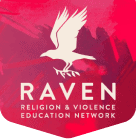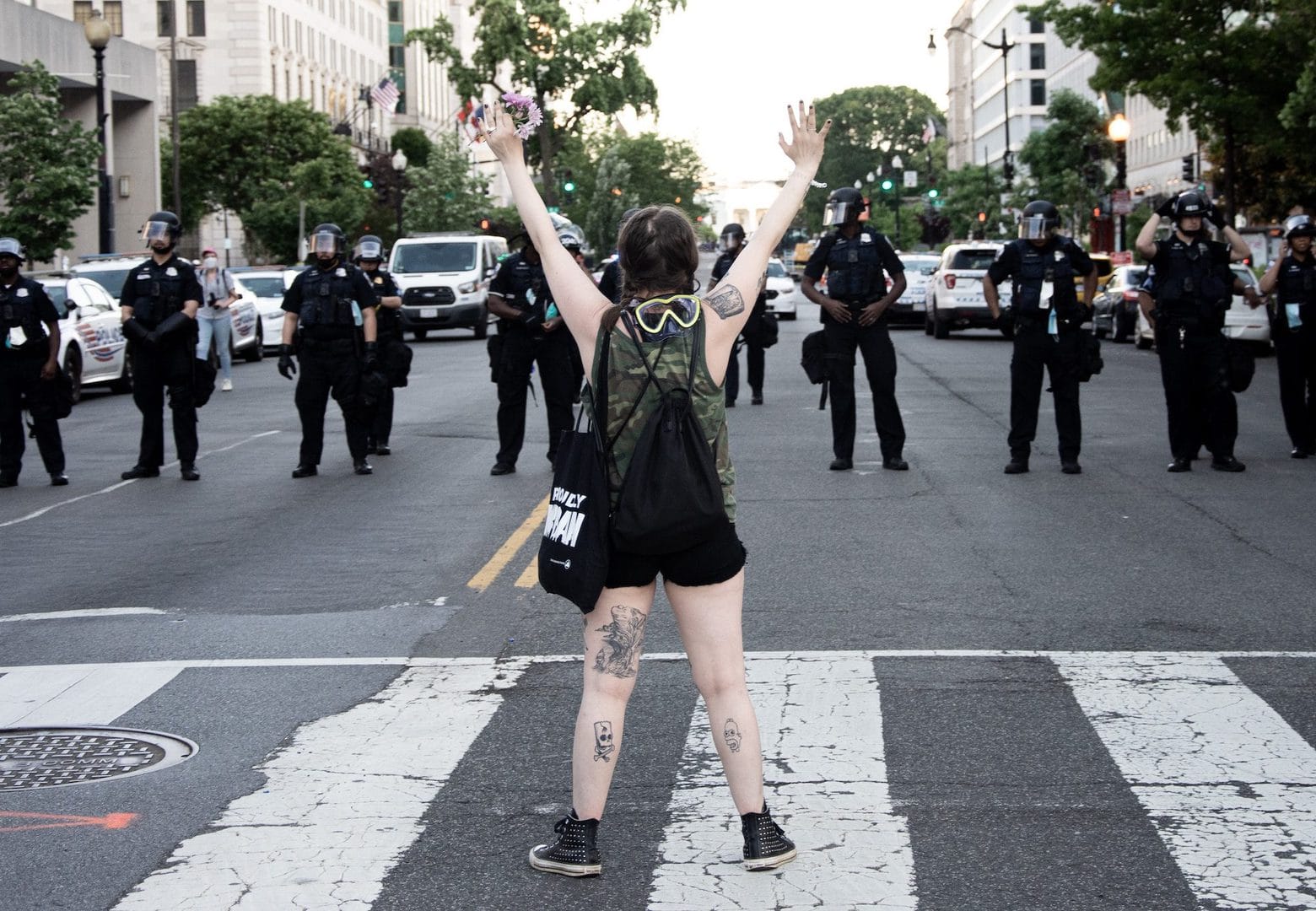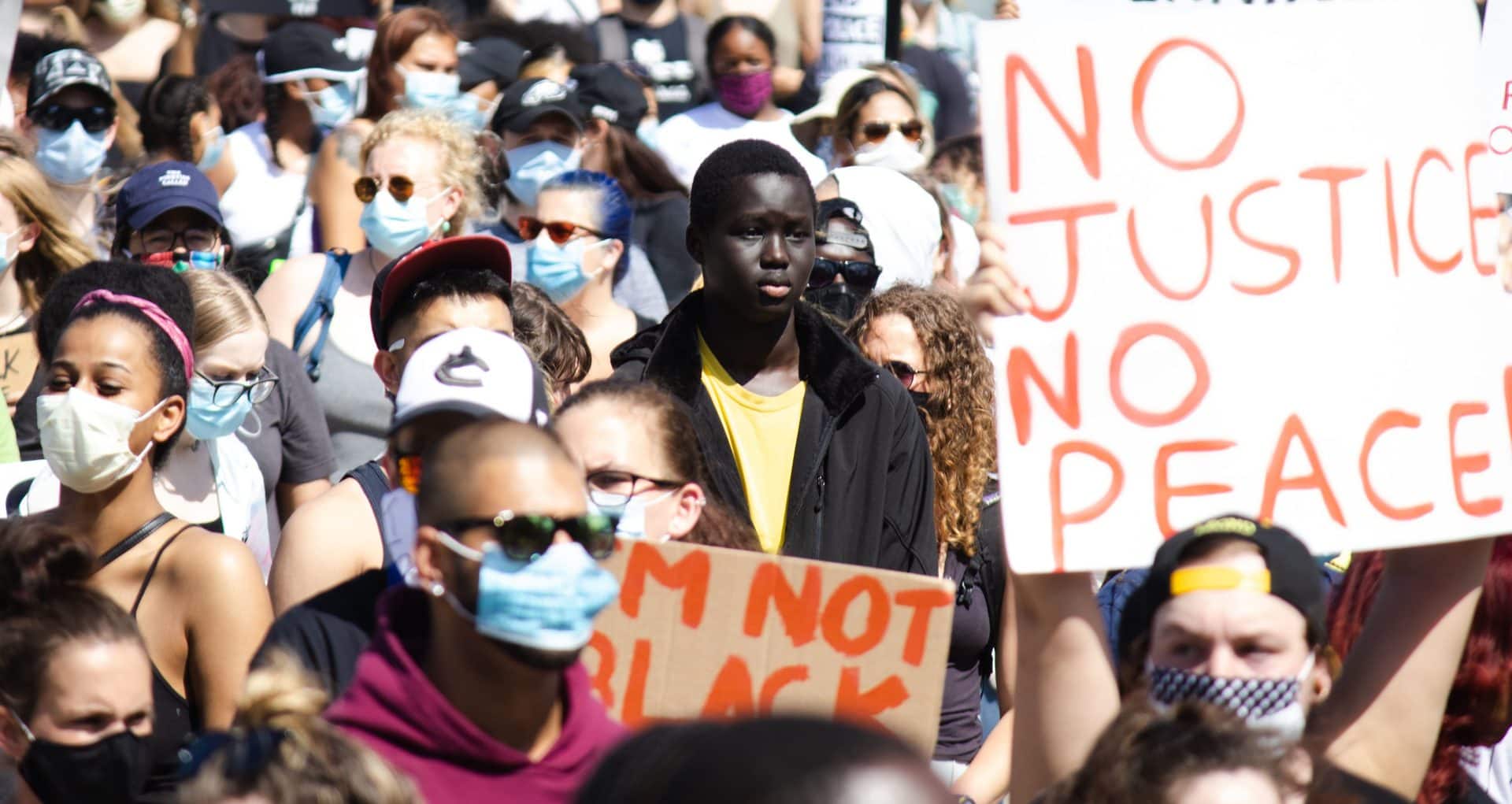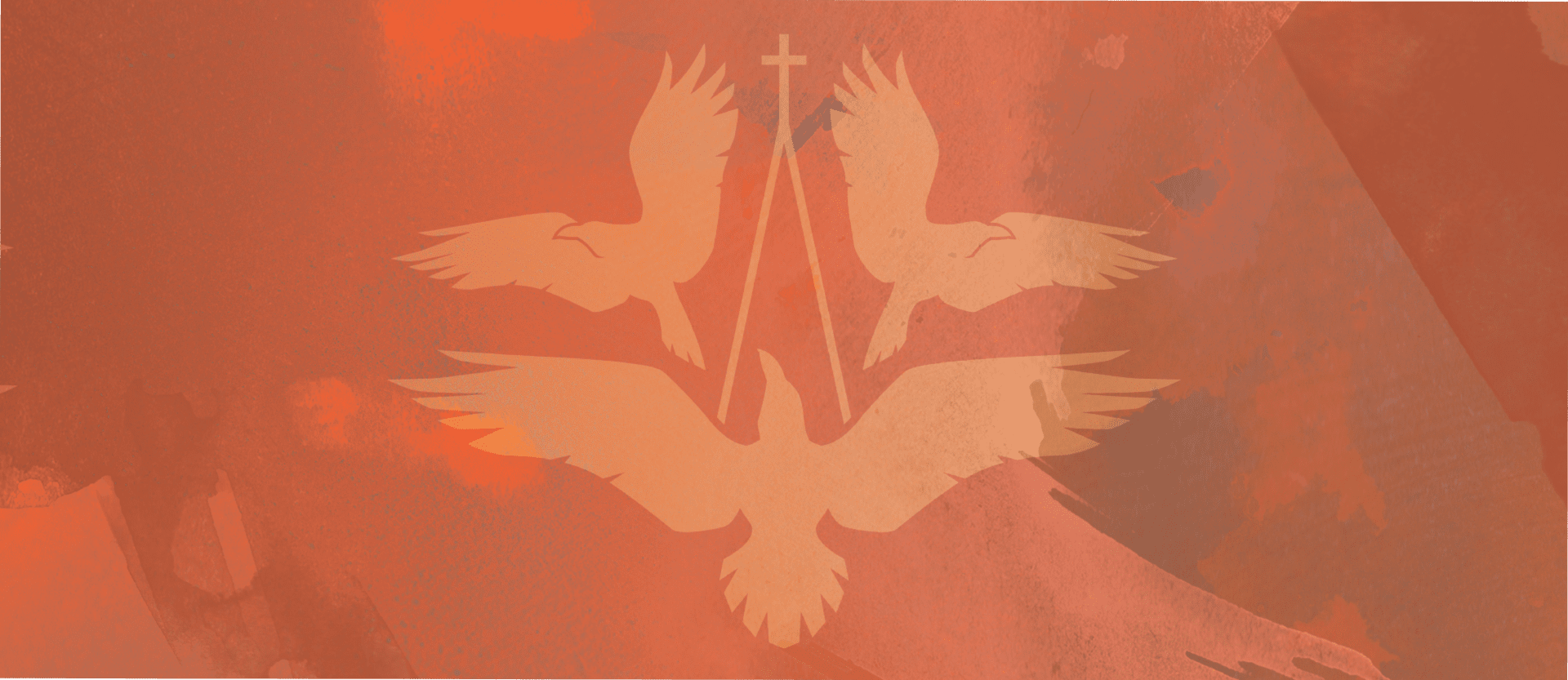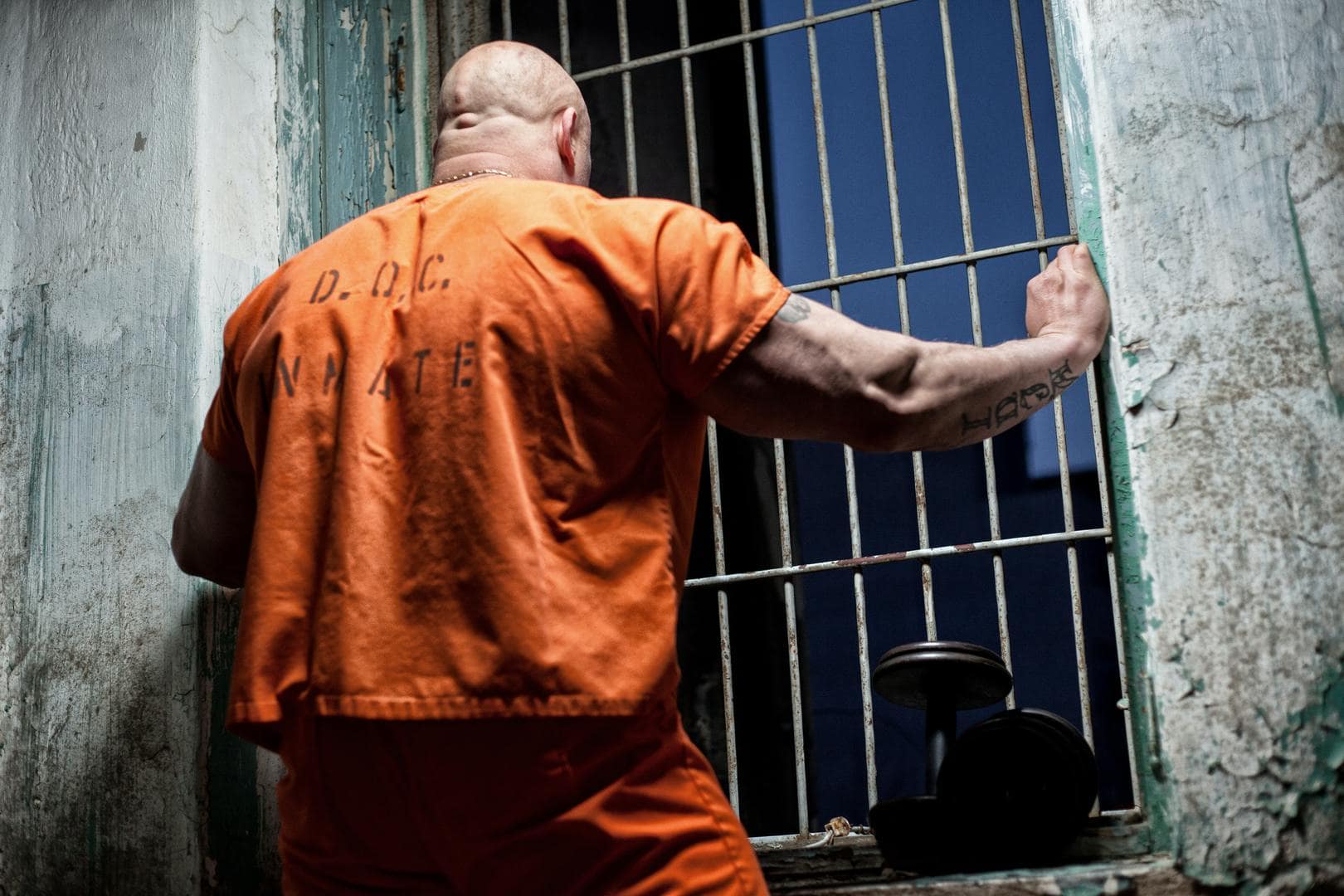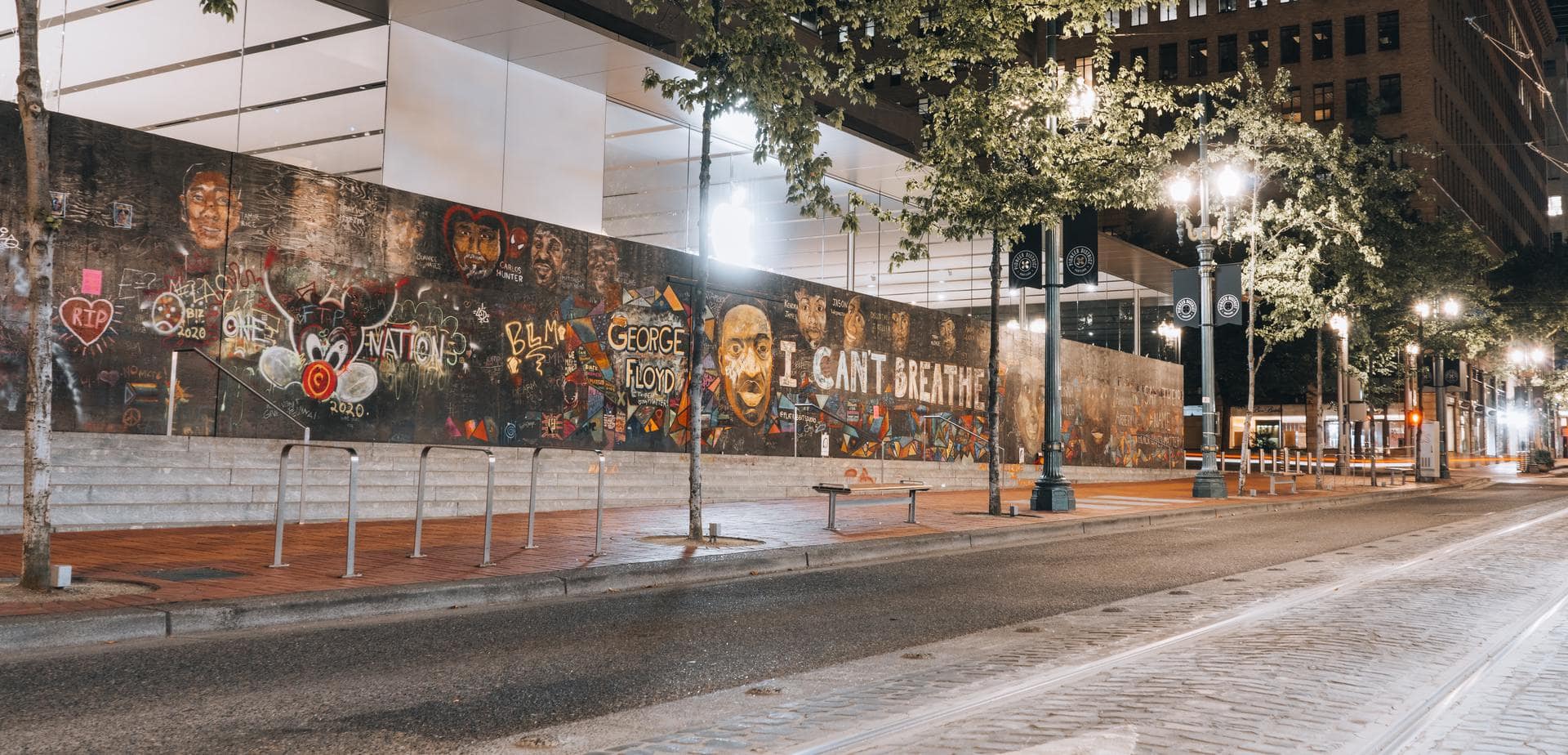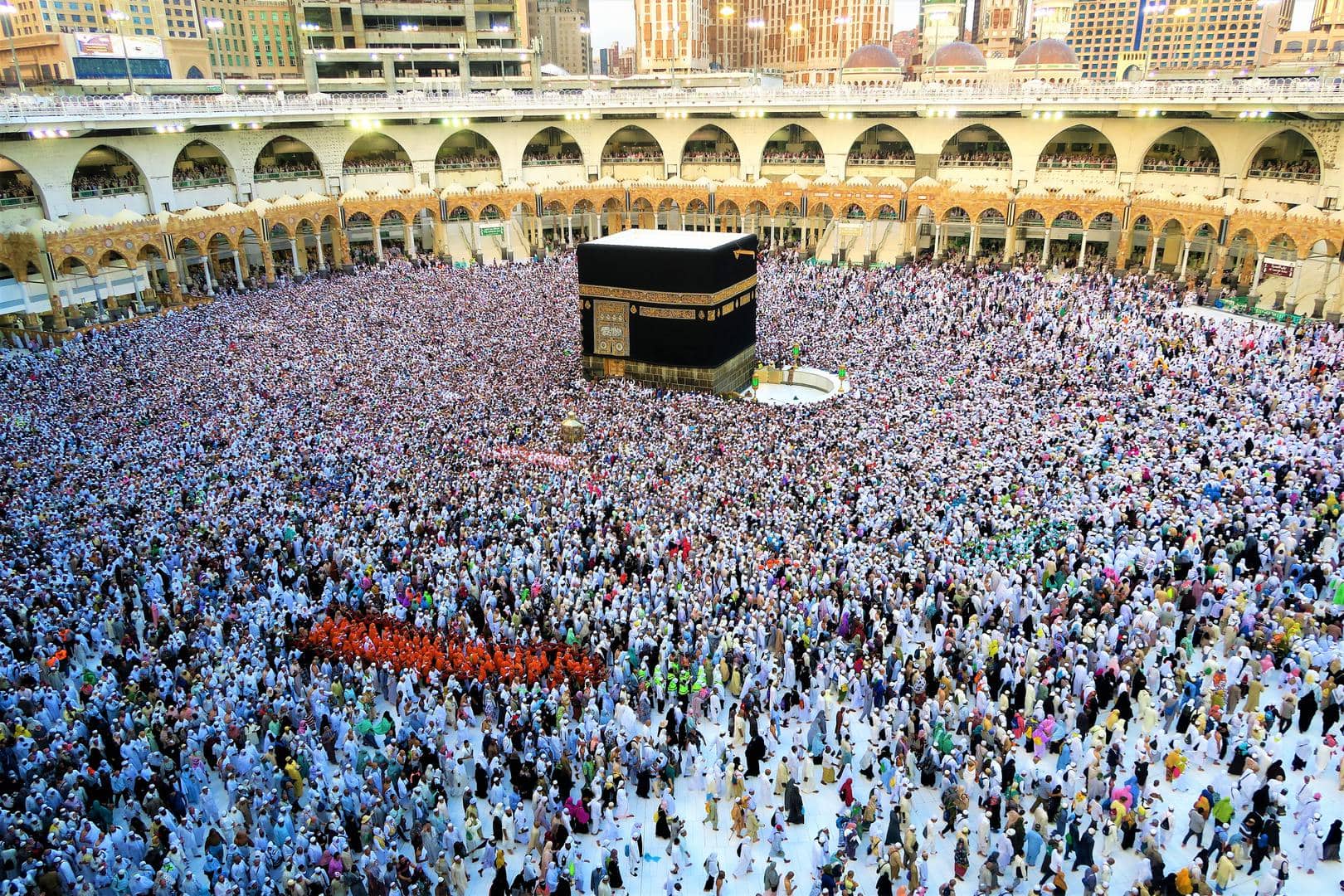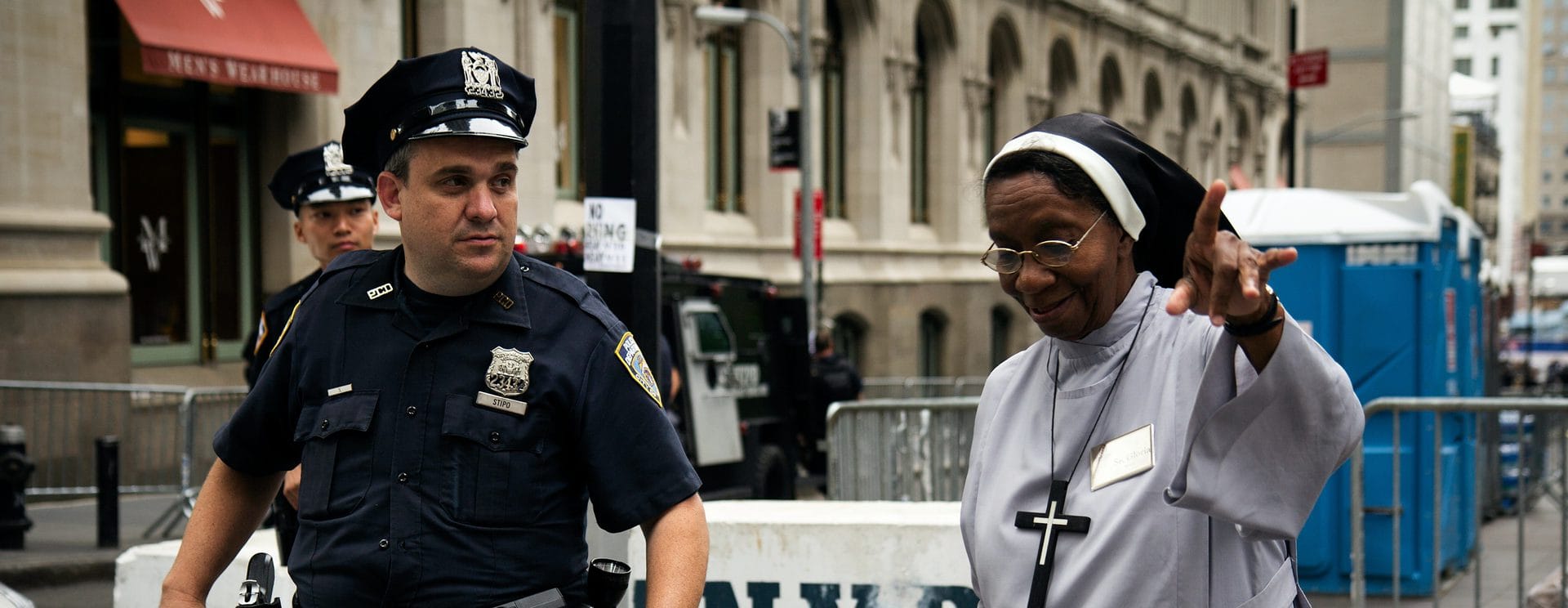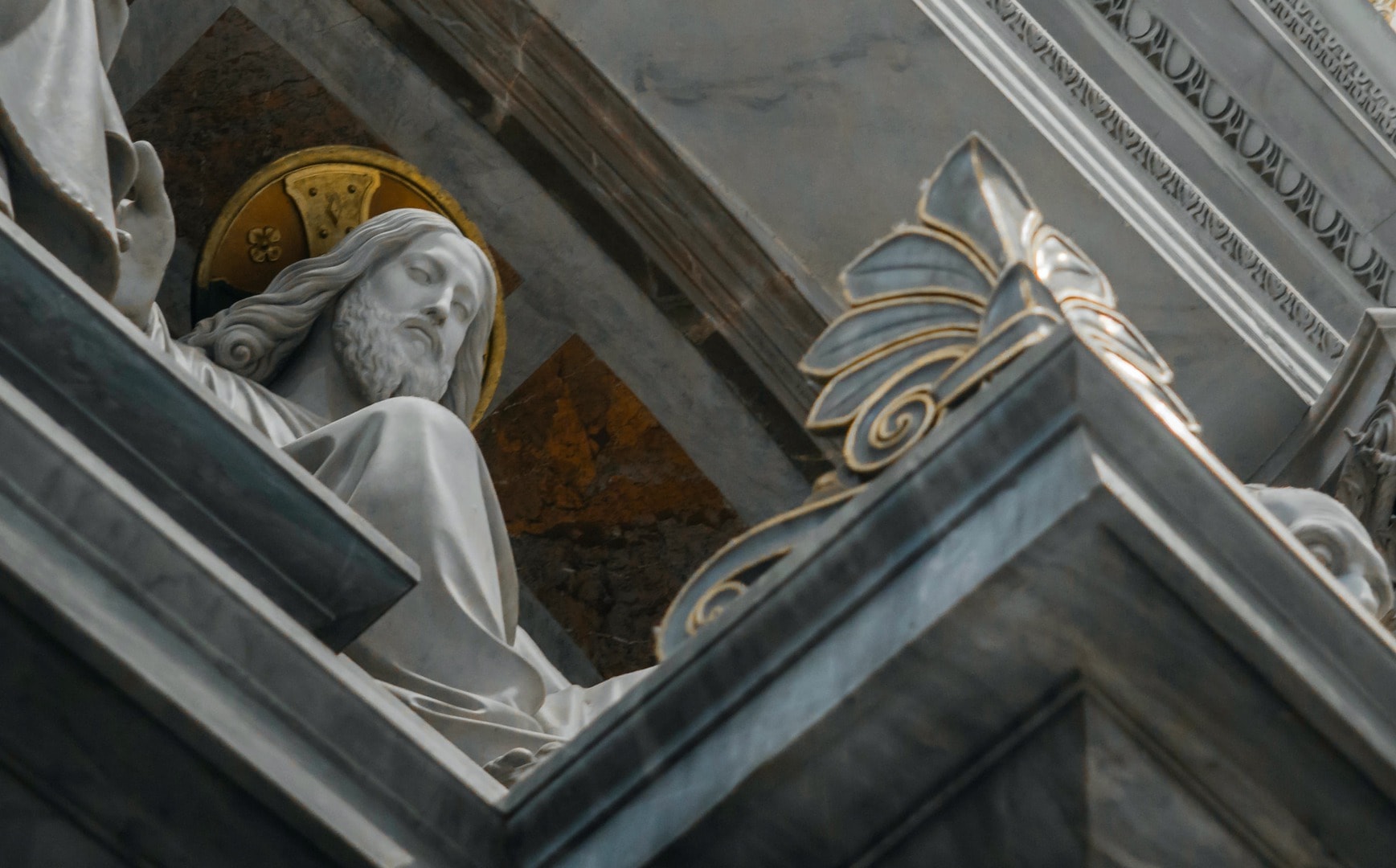Raven ReView
In this featured guest post, Nonviolent Peaceforce co-founder Mel Duncan explores how we can approach conflict without taking sides in a world divided by partisanship.
America’s response to September 11, 2001 was scapegoating and violence. Lindsey Paris-Lopez explains how these tools will never bring lasting peace using the Bible story of Jonah and the Whale.
In this highly divisive time, Pastor Adam Ericksen offers his top three spiritual principles for dealing with political polarization.
Raven Foundation co-founder Suzanne Ross reflects on the 2020 Collaborators Conference, sharing some of the conference’s highlights with the invitation to “go slow.”
The theological and practical case for prison reform and restorative justice is grounded in the truth revealed by Jesus. He demonstrated how punitive and sacrificial systems reinforce rather than quell violence explains Lindsey Paris-Lopez.
Portlander, protestor, and Pastor Adam Ericksen reveals the sacrificial system operating in Portland and throughout America.
In unprecedented times, the Islamic holiday Eid Al Adha (also called the “Festival of the Sacrifice”) can’t be celebrated according to tradition. Lindsey Paris-Lopez ponders on sacrifice, community, and calls for empathy as we all embark on a pilgrimage to find compassion within ourselves.
Asking, “How would Jesus police?,” Lindsey Paris-Lopez reframes our understanding of service and protection through the lens of mercy, not sacrifice.
Pastor Adam Ericksen unmasks Jesus’ pursuit of justice as revealed in the Sermon on the Mount, the Kingdom of God, and the paying of taxes.
Lindsey Paris-Lopez draws on parallels between the biblical story of Jacob in the Jabbok and her own personal faith journey, illuminating three insights about the nature of internal conflict.
